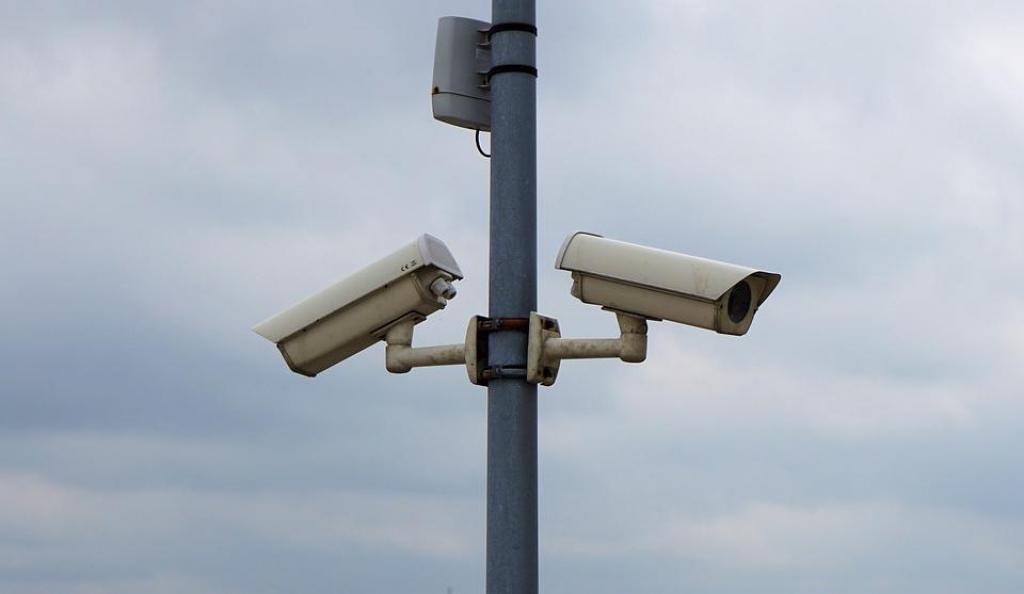In the wake of the 2014- 2016 Ebola crisis, the threat of pandemics to public health, social stability and economic development remains highly relevant. With the widespread transmission of the Zika virus in 2016, and the continued threat from MERS coronavirus, influenza, and yellow fever, among other pathogens, the issue of outbreaks from emerging and re-emerging infectious diseases must urgently be addressed. However, attention and investment may not be maintained without appropriate mechanisms to keep global health crises on the political agenda. On March 13-14, 2017, the Global Health Centre at the Graduate Institute and Chatham House Centre on Global Health Security jointly convened a workshop on Global Health Crises: Monitoring and Reporting Progress towards Preparedness. The objectives of the meeting were to identify what contributions to preparedness are being or should be monitored at national, regional and global levels, and to explore the types of indicators that would be most useful for doing so.
Over the two days, experts from governments, intergovernmental organizations, academia, civil society, and foundations discussed existing efforts to monitor preparedness, including the initiatives of various represented groups; participants also learned from efforts to strengthen accountability in other issue areas such as human rights and access to medicines. Many indicator frameworks exist to monitor various aspects of preparedness, including reporting under the International Health Regulations, the Sendai Framework for Disaster Risk Reduction, the Sustainable Development Goals, OECD tracking of development assistance, the Biological Weapons Convention, and many non-state initiatives. However, oftentimes the metrics from these initiatives are voluntary, vague or overlapping, and monitoring usually focuses on countries but does not include the commitments, actions and contributions made by multilateral organisations, development banks, regional organisations, civil society and the private sector in support of national and global preparedness. Over the course of the meeting, it became clear that despite great interest and significant activity in monitoring efforts, several important gaps persist. These include monitoring of sub-national preparedness, detailed information on financing, minimising unjustified trade and travel restrictions, R&D for health technologies, data- and knowledge-sharing initiatives, and OneHealth initiatives to more closely link the human and animal health communities. Given the broad range of topics, filling these gaps will require efforts by many different organisations working collaboratively in an “ecosystem” towards the shared purpose of strengthened preparedness. In follow-up to the workshop, the Graduate Institute, Panorama Global, and Chatham House are building the Monitoring and Accountability for Preparedness for Global Health Crises (MAP) initiative to conduct research, analysis, and strategic convening as a contribution to these efforts.
Written by Suerie Moon, Director of Research at the Global Health Centre, based on the meeting report by Panorama Global, Chatham House, and the Graduate Institute


